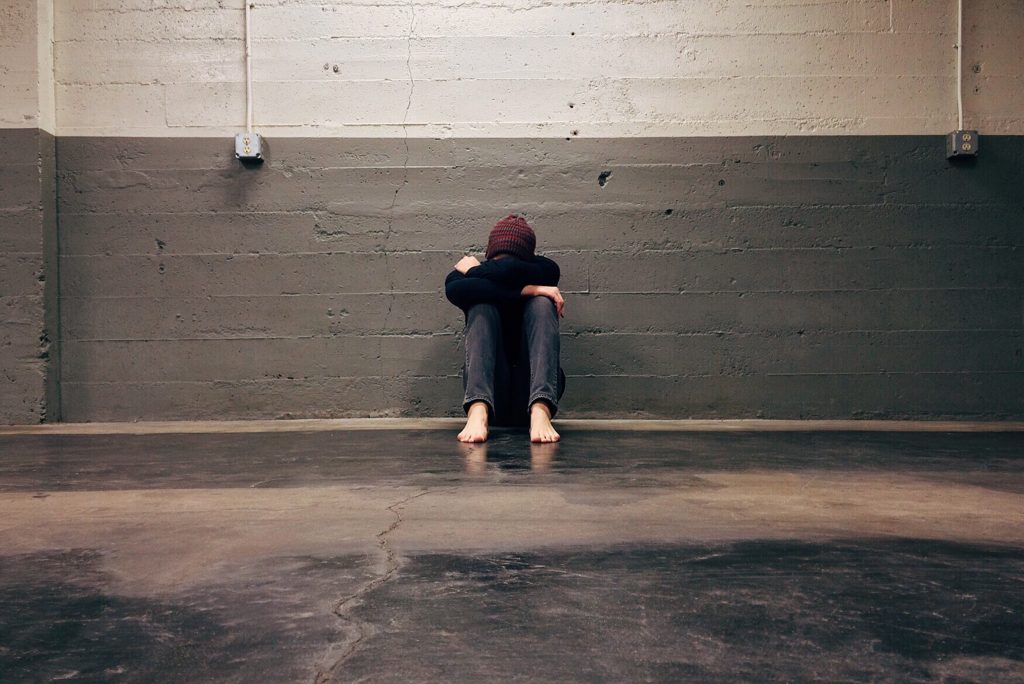If you’re one of the 20 million people in America with depression, you know that it’s not a condition to be taken lightly
It’s important to manage symptoms of depression with therapy and medication as prescribed by your doctor, both to feel better now and to reduce the risk of a depressive episode in the future.

One of the best ways to minimize the physical and emotional damage of an episode of depression is to recognize depression early and take action — which can mean getting back on track with treatment or talking to your doctor about whether your treatment plan needs to be reviewed and revised. But not all symptoms of depression are easy to identify, and the early signs can be different for everyone.
According to the National Institute of Mental Health, symptoms of depression may include the following:
- Difficulty concentrating, remembering details, and making decisions.
- Fatigue and decreased energy.
- Feelings of guilt, worthlessness, and/or helplessness.
- Feelings of hopelessness and/or pessimism.
- Insomnia, early-morning wakefulness, or excessive sleeping.
- Irritability, restlessness.
- Loss of interest in activities or hobbies once pleasurable, including sex.
- Overeating or appetite loss.
- Persistent aches or pains, headaches, cramps, or digestive problems that do not ease even with treatment.
- Persistent sad, anxious, or “empty” feelings.
- Thoughts of suicide, suicide attempts.
Jim Carrey on Spirituality and Overcoming Depression
Recommended Posts



